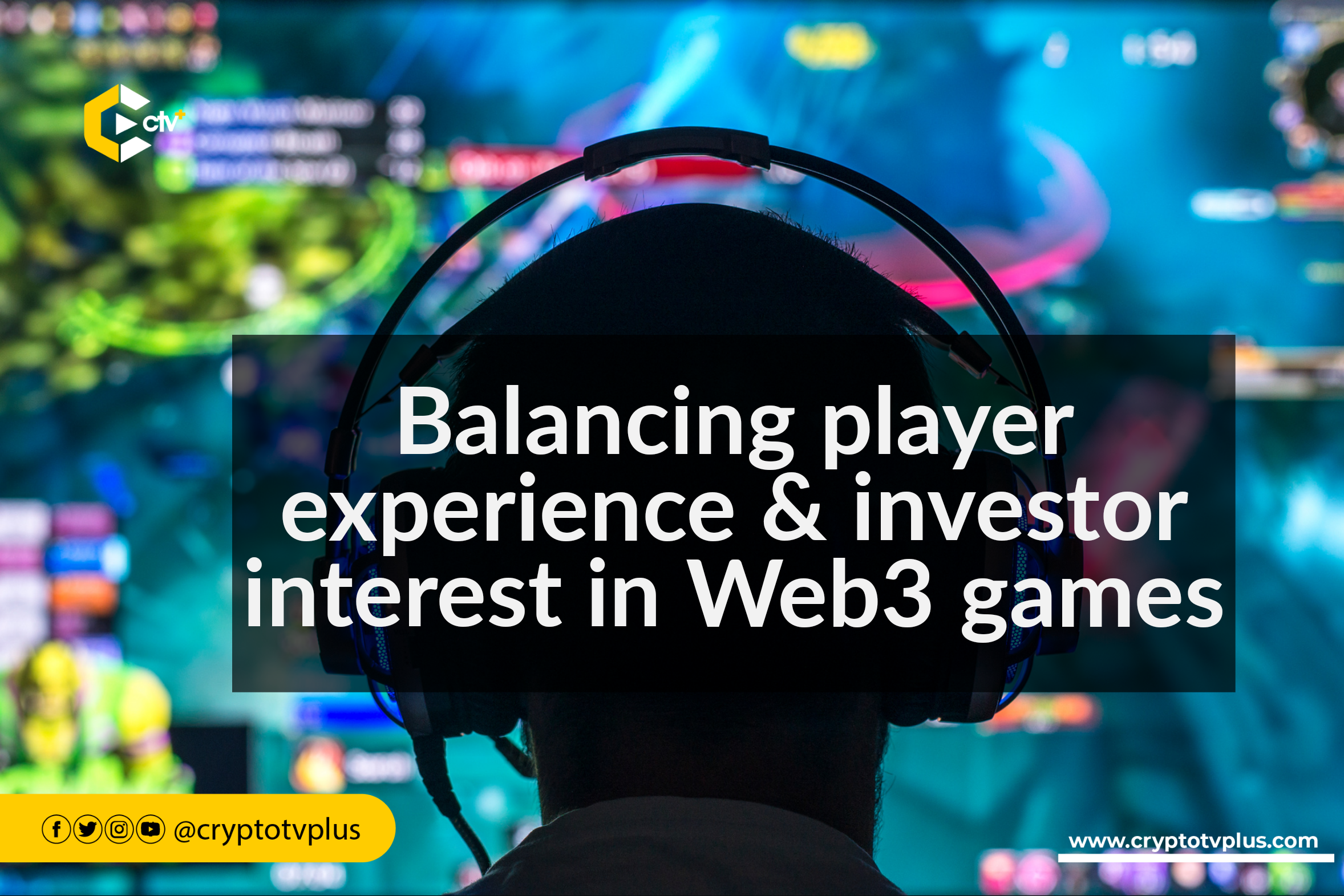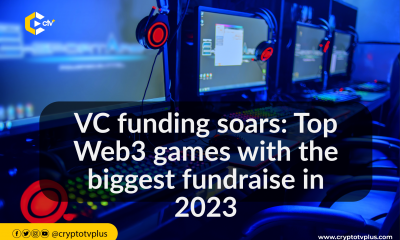FEATURED
Balancing player experience and investor interest in Web3 games – expert’s opinion

In the ever-evolving landscape of the digital world, gaming has proven to be an integral part of human culture, transcending boundaries and captivating players across generations.
As technology continues to push the boundaries of what’s possible, the emergence of Web3 Games has given rise to a new era of interactive entertainment that promises to revolutionize the gaming industry as we know it.
Web3 Games, driven by the power of blockchain technology and decentralized systems, have taken the gaming experience to unprecedented heights.
Embracing principles of transparency, player ownership, and cross-platform connectivity, these virtual universes have redefined how we perceive and engage with video games.
Summarizing how the entire blockchain industry has fared, the VP of DappRadar, Michael Ionita, speaking at ETHCC Paris said that gaming has attracted more transactions than any other sector of the blockchain industry. This includes gambling and DeFi.
Speaking to the audience the conference, the VP who said his data is focused on three key metrics of the industry – transactions, unique active wallets (UAW), and volume (US dollar-denominated amount of money sent to dapps) – revealed that gaming has become the dominant category on the blockchain, surpassing gambling and DeFi over the years.
In terms of numbers, he noted that Web3 games have gulped a part of the global gaming industry with a volume of $19 billion compared to the overall gaming industry’s 183 billion.
Although he added that this indicated a 9x difference showing that there is significant room for further expansion. This ties into the Q1 report from DappRader.
Through the presentation, Michael highlighted various gaming projects that have contributed to the growth of web3 gaming, such as CryptoKitties, Wolf Game, Axie Infinity, and more.
Also he highlighted the involvement of major game publishers like Ubisoft, Square Enix, and Atari in the web3 gaming industry.
Games for gamers not traders
While cautioning Web3 game developers, and companies, he said that games should be developed for players rather than just traders, focusing on fun and engagement.
The speaker said that despite the growth in the industry, with billions of dollars flowing into the industry from investors, there has been a challenge of distinguishing fun games from those primarily driven by financial gains.
Creating games with a focus on players will lead to an improved gaming industry, even in a situation where traders are actively investing money.
In this context, players’ investments of time and value addition to the ecosystem are equally crucial factors to consider.
Read also; Worldcoin publishes first security audit report

























1 Comment